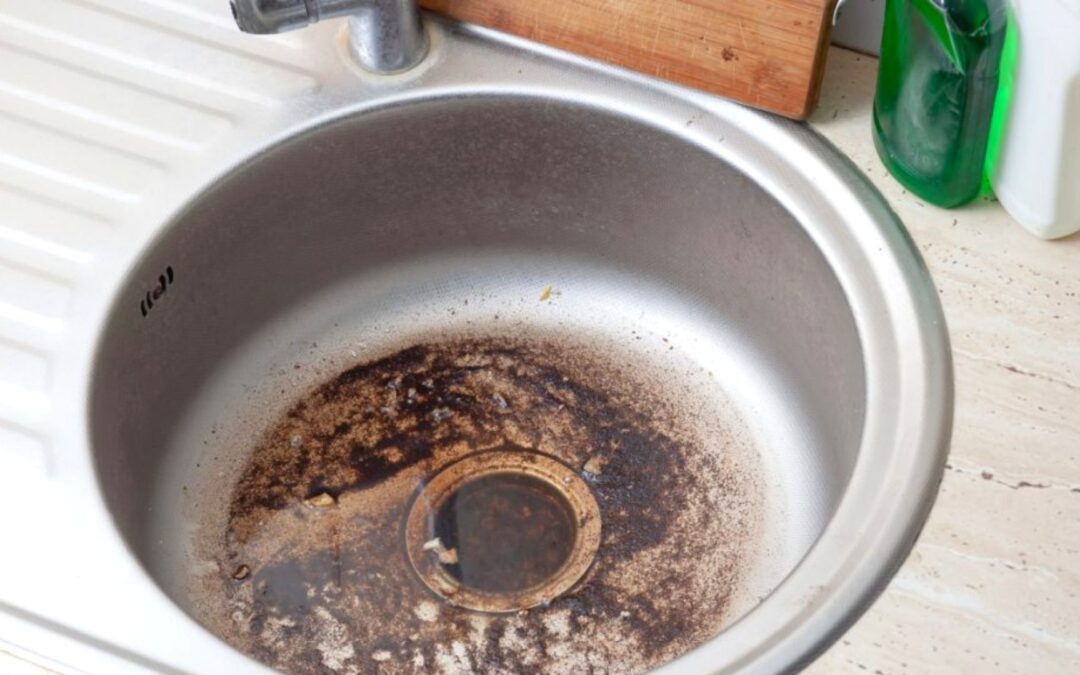 The Festive Season Kitchen Nightmare
The Festive Season Kitchen Nightmare
Picture a classic Christmas scene: the turkey is roasting, vegetables are boiling, and the family is eagerly anticipating a festive feast. But suddenly, the kitchen drain clogs and overflows, turning joyous preparations into a chaotic mess. This scenario, which befell one of our clients last year, highlights a common yet overlooked issue in household maintenance – blocked kitchen drains.
Understanding the Causes of Kitchen Drain Blockages
Kitchen drain blockages can disrupt any meal, not just holiday feasts. It’s essential to understand the causes to prevent future occurrences.
Common Culprits of Clogged Drains
- Fat and Grease Buildup: Fats from cooking, especially during heavy meal preparations like Christmas, can accumulate in the pipes, leading to blockages.
- Food Debris and Particles: Bits of food from dishes and leftovers can also contribute to clogging.
The Aftermath of Drain Blockage: A Case Study
Last year’s incident with our client was a wakeup call to the dangers of neglected drain maintenance.
The Incident Analysis
- Inspection Findings: Examination revealed significant fat buildup in the pipes from the dishwasher and sink.
- Potential Disaster Averted: The gully trap, a crucial part of the drainage system, was also found blocked, which could have led to a more severe flood.
 Gully Traps: Your Drainage System’s Unsung Hero
Gully Traps: Your Drainage System’s Unsung Hero
Many homeowners are unaware of the gully trap, a critical component in preventing kitchen floods.
Location and Importance of Gully Traps
- Identifying Gully Traps: Typically found in the garage floor or just outside the house, these small chambers play a vital role in drainage.
- Preventative Maintenance: Regular cleaning of gully traps is crucial to ensure smooth drainage and prevent blockages.
Yearly Maintenance: The Key to Uninterrupted Celebrations
Implementing a routine maintenance check can significantly reduce the chances of kitchen disruptions.
Annual Check-Ups
- Professional Inspection: Have a maintenance professional inspect and clean the gully trap annually.
- DIY Maintenance Tips: Homeowners can also perform regular checks and light cleaning to prevent buildups.
Preparing for the Holidays: Drainage Best Practices
As the holidays approach, taking proactive steps can ensure your kitchen remains functional and flood-free.
Tips for a Trouble-Free Kitchen
- Mindful Disposal of Fats and Oils: Avoid pouring fats down the sink; instead, dispose of them properly.
- Regular Drain Cleaning: Use natural cleaners like baking soda and vinegar to maintain clear pipes.
Addressing Common Misconceptions About Drain Maintenance
Many homeowners underestimate the importance of regular drain maintenance, leading to unexpected issues.
Debunking Drain Myths
- “It Won’t Happen to Me”: Drain blockages can occur in any home, regardless of how careful you are.
- “A Quick Fix is Enough”: Temporary solutions may not address underlying issues; professional inspection is key.
Conclusion: Ensuring a Happy, Hassle-Free Holiday
With proper knowledge and preventative measures, you can enjoy uninterrupted holiday meals without the worry of kitchen drain blockages. Regular maintenance, mindful kitchen practices, and understanding the role of gully traps can make all the difference in keeping your celebrations joyful and stress-free.
Frequently Asked Questions (FAQs)
Q: How often should I clean my kitchen gully trap? A: It’s recommended to have your kitchen gully trap inspected and cleaned at least once a year, ideally before the holiday season.
Q: Can I use chemical drain cleaners for maintenance? A: While chemical cleaners can provide a quick fix, they may harm your pipes in the long run. Natural alternatives like baking soda and vinegar are safer and often just as effective.
Q: What should I do if my kitchen drain blocks during a holiday meal? A: Try using a plunger or a drain snake to clear the blockage. If the problem persists, it’s best to call a professional plumber.
Think you’ve got a leak at home? Book a leak inspection now using the button below.





